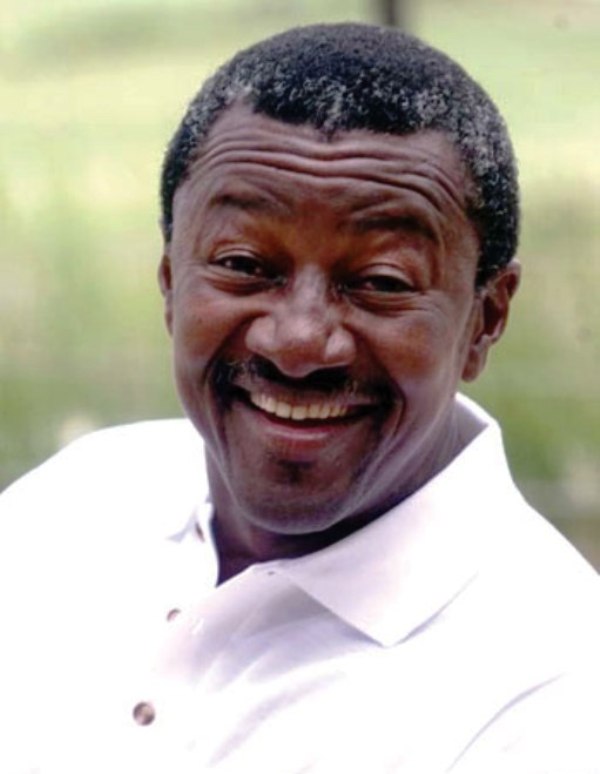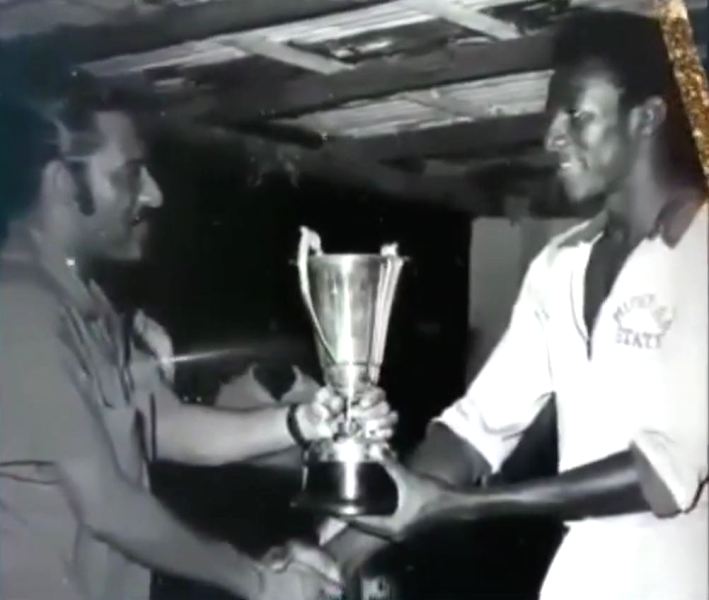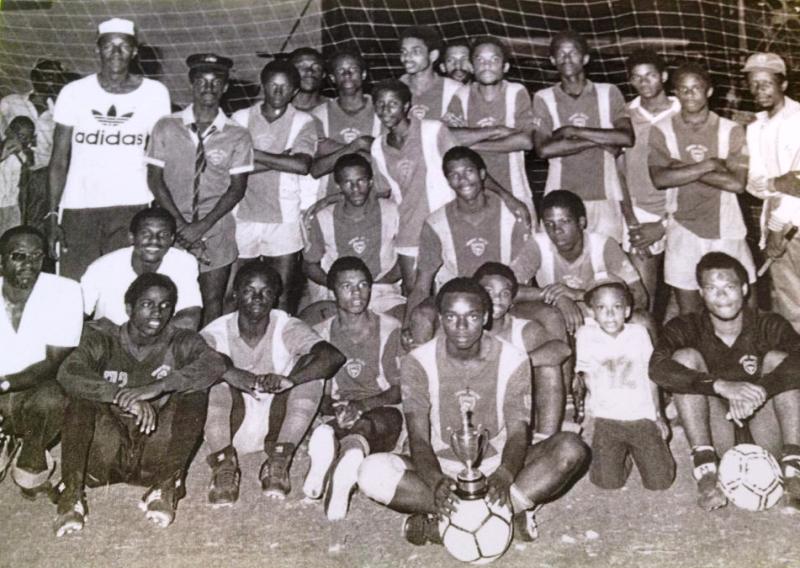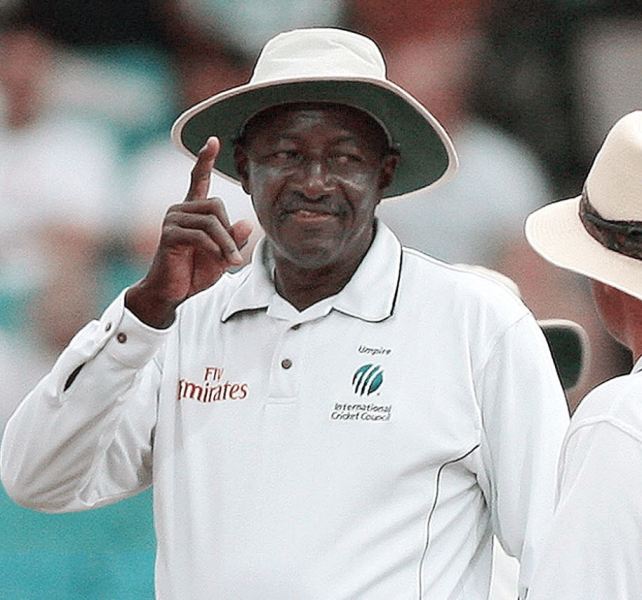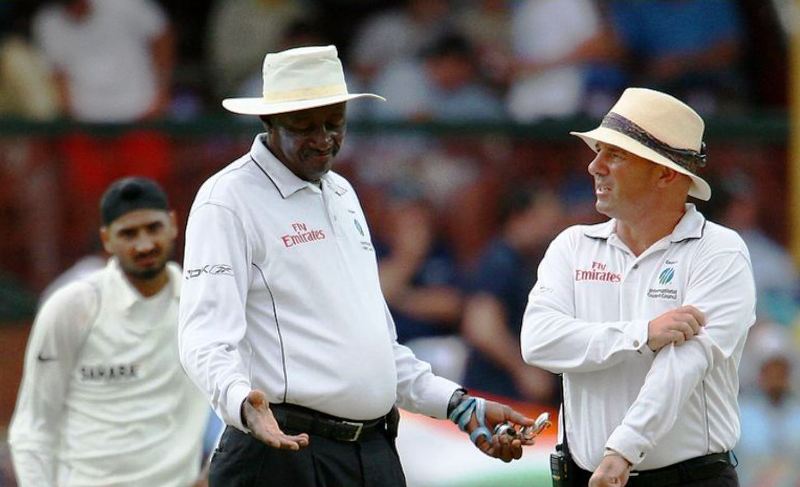Steve Bucknor Height, Age, Wife, Family, Biography & More
Quick Info→
Age: 78 Years
Hometown: Montego Bay, Jamaica
Wife: Leora Bucknor
| Bio/Wiki | |
|---|---|
| Full name | Stephen Anthony Bucknor |
| Nickname(s) | Sta-Bee [1]Sta-Bee British – Facebook, Gabby [2]Mobay Lives Matter – Facebook |
| Other Name | Slow Death [3]Mumbai Mirror |
| Profession(s) | Cricket Umpire, Football Referee |
| Physical Stats & More | |
| Height (approx.) | in centimeters- 190 cm in meters- 1.90 m in feet & inches- 6’ 3” |
| Eye Colour | Black |
| Hair Colour | Black |
| Umpiring Career | |
| First Match | ODI- West Indies vs India at St John's on 18 March 1989 Test- West Indies vs India at Kingston on 28 April - 3 May 1989 |
| Last Match | ODI- West Indies vs England at Bridgetown - March 29, 2009 Test- South Africa vs Australia at Cape Town on 19 March - 22 March 2009 |
| Awards | • ICC’s Bronze Bails Awards for umpiring in 100 ODIs • Order of Jamaica for outstanding contribution to sports (2007) 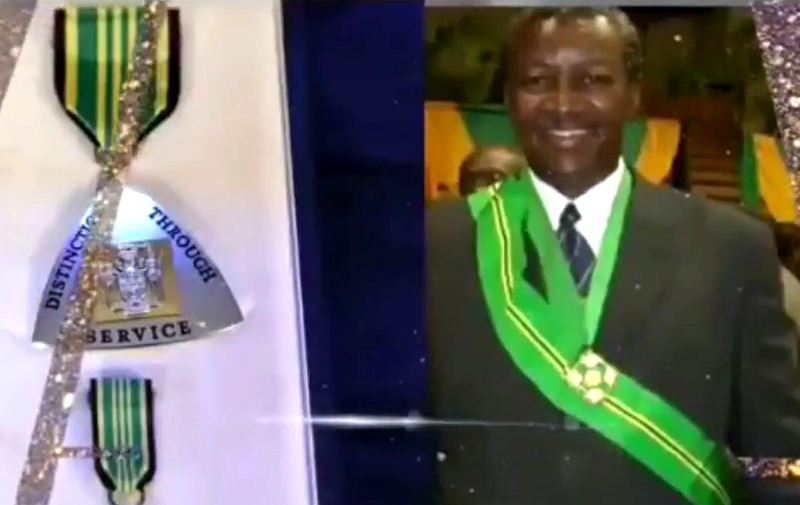 • Golden Bails Award for umpiring 100 Test matches |
| Personal Life | |
| Date of Birth | 31 May 1946 (Friday) |
| Age (as of 2023) | 78 Years |
| Birthplace | Montego Bay, St James, Jamaica |
| Zodiac sign | Gemini |
| Nationality | Jamaican |
| Hometown | Montego Bay, St James, Jamaica |
| College/University | Cornwall College in Montego Bay, Jamaica |
| Religion | Christianity |
| Relationships & More | |
| Marital Status | Married |
| Marriage Date | 10 June 1989 |
| Family | |
| Wife/Spouse | Leora Bucknor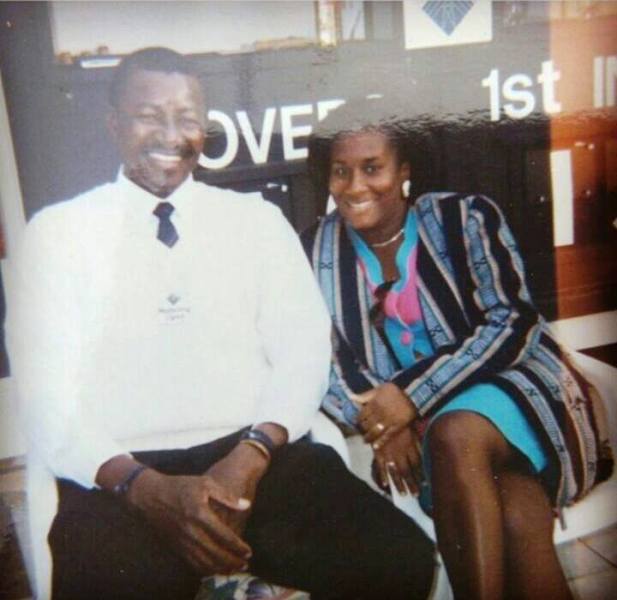 |
| Children | Son- Sta-Bee British (Sean) (professional soccer player)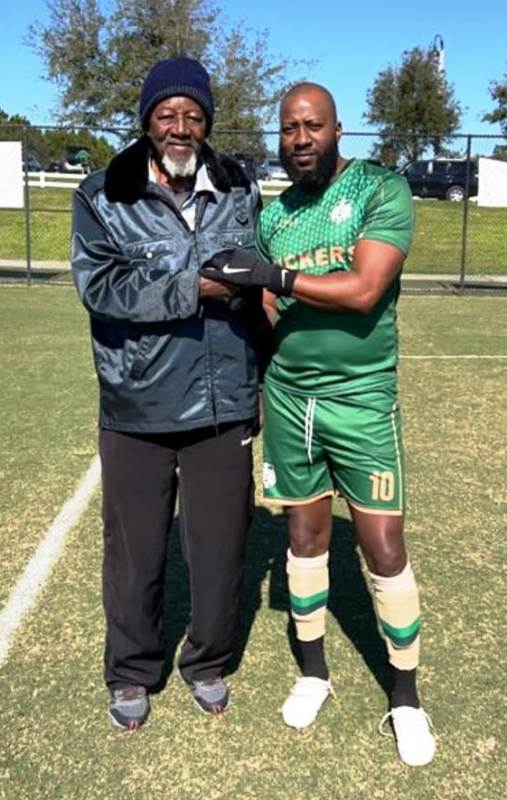 Daughter(s)- Suzanne Bucknor, Sasheeka Bucknor, Stephanie Bucknor, Andrae Stephenson, Shari Ri Ri 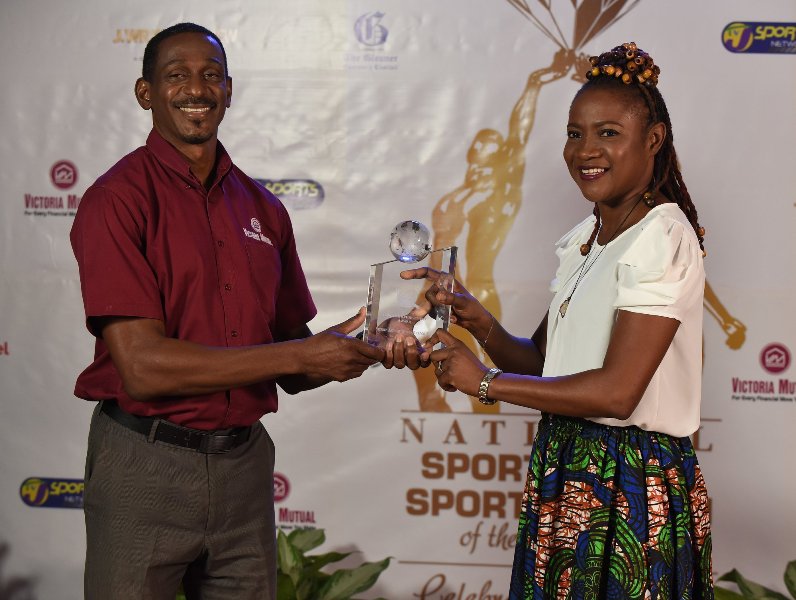 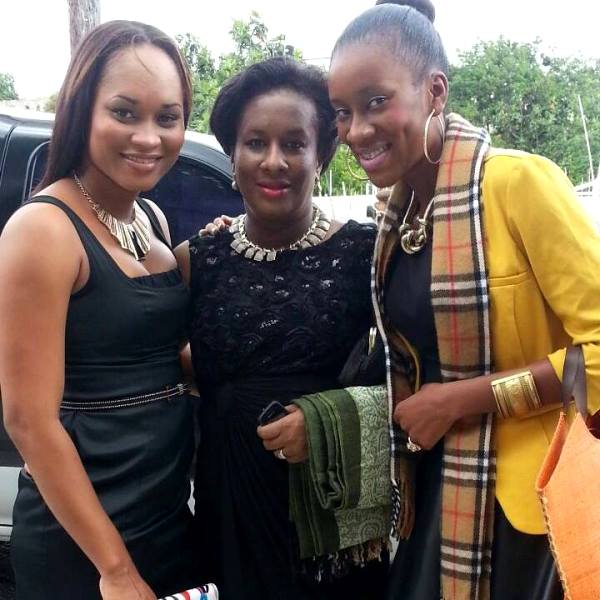 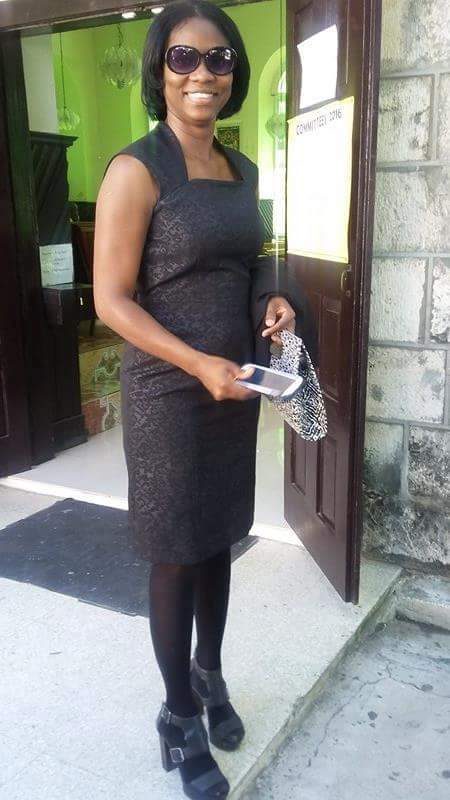 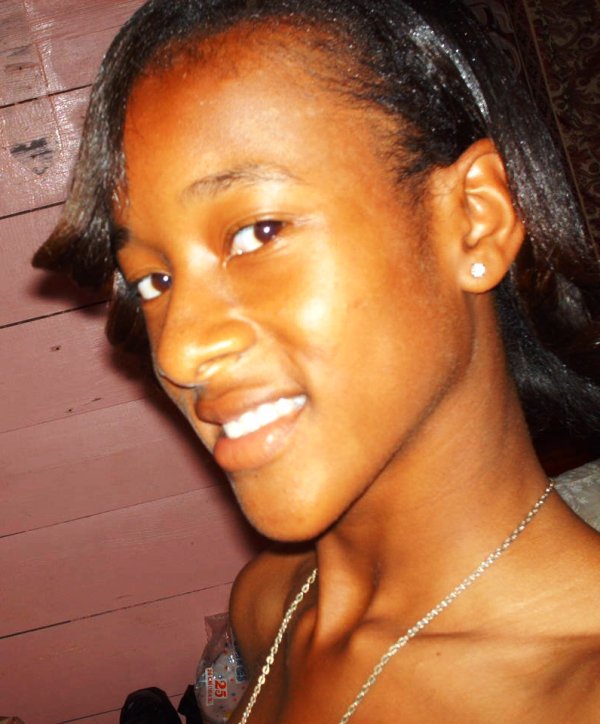 Note: He has six children and stepdaughter. |
| Favourites | |
| All-rounder Cricketer | Conrad Hunte |
| Batsmen | Viv Richards, Sachin Tendulkar |
| Bowler(s) | Shane Warne, Glenn McGrath, Curtly Ambrose |
| Cricket Ground | Lord’s in London |
Some Lesser Known Facts About Steve Bucknor
- Athletic as a kid, Bucknor spent most of his childhood on the playfield while his single mother used to be away at work.
- He was a goalkeeper for Cornwall College’s football team. He also captained the team.
- He was part of the Cornwall College team that won the DaCosta Cup in 1963.
- He also represented his college in the long jump.
- After completing his studies, he started teaching math and physical education at St. Elizabeth Technical High School (STETHS) in Santa Cruz, Jamaica
- Steve Bucknor started his sports career in football in the 1960s, playing as a goalkeeper in Jamaican parish leagues.
- He was the goalkeeper for Jamaica in a schoolboy international match against Brazil in 1964, which ended in a 1-1 draw.
- He later became a football coach for Cornwall College and led the college to win six DaCosta Cup titles between 1981 and 1991.
- During that period, he also became a football referee.
- Bucknor was a referee for FIFA in a CONCACAF and World Cup qualifier match between El Salvador and the Netherlands Antilles in 1988.
- However, he ended his career in football in 1992.
- Bucknor played cricket as an all-rounder in Montego Bay. He became an umpire because he was unhappy with the incorrect decisions made during his games. He wanted to make sure things were fair, so he became an umpire.
- He was chosen to umpire the 1992 World Cup final after umpiring in just four Test matches and a few one-day internationals.
- Then, Bucknor went on to umpire in the World Cup finals of 1996, 1999, 2003, and 2007.
- In 1994, the ICC introduced a policy for Test matches where one umpire would be independent of the competing nations and would be selected from an International Panel of Umpires. Bucknor was part of this panel from its start until the ICC changed its umpiring policy in 2002.
- In 2002, Bucknor umpired in more Tests than Dickie Bird, breaking his record of 66 Tests.
- In March 2005, Bucknor became the first umpire to officiate in 100 Tests.
- In May 2006, he was in the news for accusing TV companies of changing their images to make umpires look bad and key players look good.
- In 2007, Bucknor was put forward for the Umpire of the Year award, but Simon Taufel ended up winning it.
- However, his career was not without controversy. He was one of five officials involved in a wrong decision during the 2007 World Cup final, which led to play continuing in poor light conditions. As a result, Bucknor, along with the other four officials, was suspended from the Twenty20 World Championship in South Africa.
- Steve Bucknor was called Slow Death because he took a long time to make decisions on appeals.
- In January 2008, his several incorrect decisions led to India’s defeat by 122 runs in the second Test in Sydney.
- Following a strong protest from the Board of Control for Cricket (BCCI), Bucknor was replaced by Billy Bowden for the third Test match between Australia and India in Perth.
- On 23 February 2009, the ICC announced Bucknor’s retirement from umpiring, effective in March 2009.
- Bucknor’s umpiring career was remarkable, having officiated in a record 128 Test matches between 1989 and 2009, along with 181 One Day Internationals, including five consecutive Cricket World Cup finals from 1992 to 2007.
- In addition to football and cricket, Bucknor is also interested in track and field. After retiring from cricket, he mentioned in an interview that he would take part in track meets.Talking about the same, he said,
I do sprints. From childhood days I was an athlete. Running is a part of me….I do 200 metres, 400 metres, I am part of the relay quartet, 4×50 and 4×100. I also throw discus and shot.”
- Bucknor relocated from Jamaica to New York around 2017-18.
- In an interview, he mentioned that he preferred being alone and enjoyed staying indoors during his free time. He liked watching TV and doing some writing.
- Until December 2019, Bucknor held the record for umpiring the most Test matches. However, Aleem Dar from Pakistan broke that record. Dar officiated in a record 144 Test matches during his career.
- In an interview, Steve Bucknor talked about his time as an umpire and recalled some decisions against Indian cricketer Sachin Tendulkar, which sparked outrage in India. One notable mistake occurred during a match in Australia at the Gabba in Brisbane in 2003, where he incorrectly declared Tendulkar out LBW, despite the ball appearing to be going over the stumps. Another incident took place at Eden Gardens in Kolkata in 2005 when Bucknor mistakenly believed that Tendulkar hit the ball with the edge of his bat, and it was caught by the wicketkeeper.
Happy Birthday 'Error Man' Steve Bucknor😡
The Man Who Took #SachinTendulkar's Wicket Most of the Times When Opposition Were Struggling😠
Opps.. WE Did 'Error' too😝
Its Belated 31st may.Thats 'Error Tribute' to him😂
RT If You Remember Those Decisions pic.twitter.com/ImVeTtHfjm— CrickeTendulkar 🇮🇳 (@CrickeTendulkar) June 1, 2020
- Steve Bucknor’s relationship with India worsened because of his decisions during the 2008 Sydney Test. Years later, in an interview, Bucknor admitted to having committed two mistakes during the Test. He said the first mistake allowed an Australian batsman to score a hundred, and the second, on day five, cost India the game. Bucknor was referring to batsman Andrew Symonds, who went on to score 162 after India’s appeal for a caught behind was rejected. Symonds was on 30 runs when Ishant Sharma made him edge the ball, which wicketkeeper Mahendra Singh Dhoni caught. Bucknor made another controversial call when India was on 115/3 on the final day chasing 333. Rahul Dravid was given out caught behind when replays clearly showed daylight between bat and ball. [4]Scroll.in
- The 2008 Sydney Test match was also remembered for the Monkeygate scandal, in which Bucknor was involved in decisions about Indian spinner Harbhajan Singh. Harbhajan was accused of calling Andrew Symonds a “monkey.” After that, Harbhajan was given a three-match ban. Indian cricket fans blamed umpires Mark Benson and Steve Bucknor for India’s loss in the test match. They even burned effigies of the umpires. [5]Al Jazeera
- He is the first person to be both a FIFA referee and an ICC Test cricket umpire.
- He was known for always being on time. The only time he was late was for a Test match at Lord’s when he arrived at 9:05 for an 11 o’clock start.
References/Sources:

